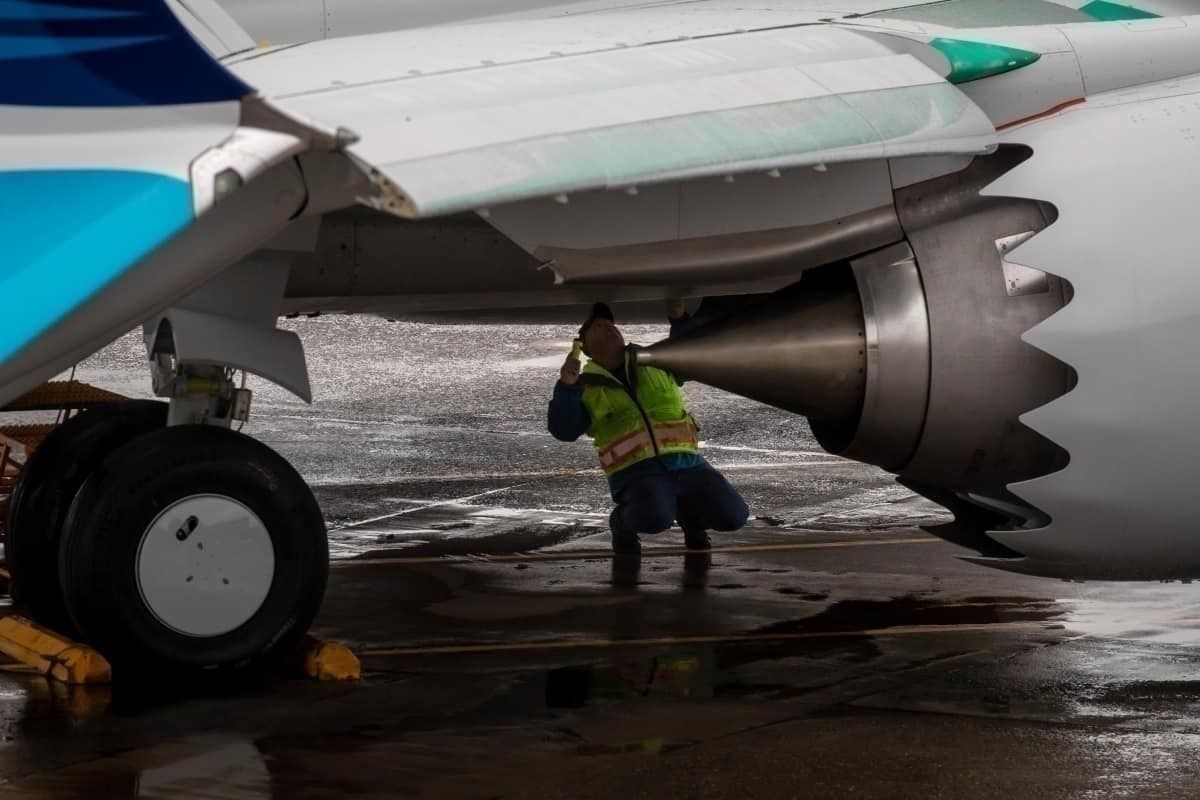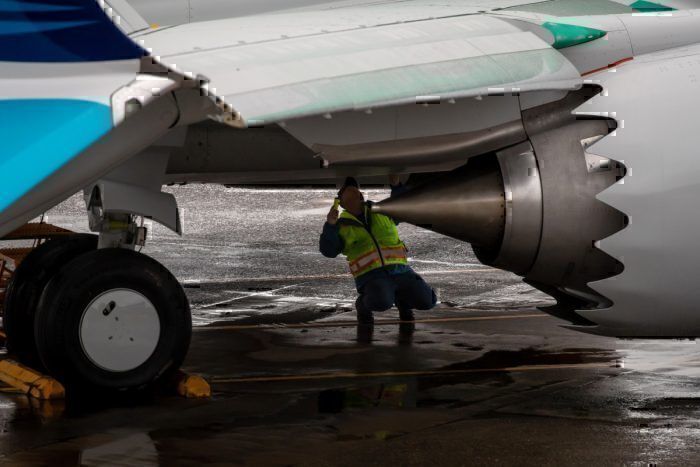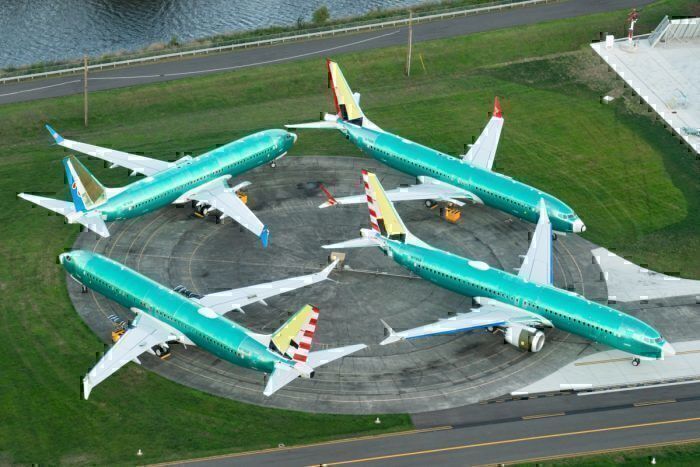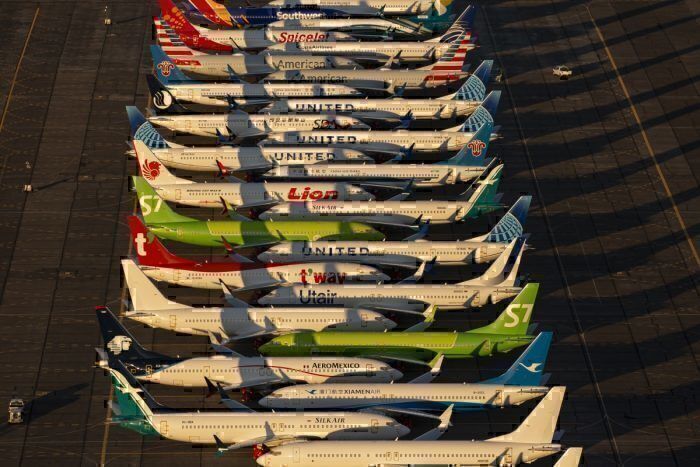Last week we reported that foreign object debris was discovered inside 737 MAX fuel tanks. Some reports indicate that those inspections will be expanded for a more thorough search. This is according to CNBC and sources familiar with the checks.
The inspections
The latest reports as of Friday indicate that the inspections will be expanded. However, reports on this issue do not provide any detail with regards to what an expanded inspection looks like.
The website Seeking Alpha reported that materials left behind include "tools, rags and boot coverings". However, no other sources corroborate this information, nor does the website indicate a source for this information.
The company's CEO had the following to say to CNBC regarding the inspections and the matter of foreign object debris:
"It’s basic discipline. It’s nothing more, nothing less than production discipline. It’s every employee, every associate looking after their work, their area every moment in time, to make sure the FOD never arises again,” -Dave Calhoun, CEO, Boeing
We reached out to Boeing for clarification and confirmation of the issue. They responded saying that inspections have not been expanded. The company continues to inspect all of the 400+ aircraft it has in storage. "There’s no change from last Tuesday," said a spokesperson.
Metal shavings
Boeing has informed the United States Federal Aviation Administration that they have consistently found foreign object debris (FOD) inside the fuel tanks of their undelivered aircraft. In fact, FOD was found in an astounding two-thirds of aircraft - indicating that the problem is quite widespread.
This inspection process for fuel tanks will take up to three days per aircraft. This is because the fuel tanks need to be drained and fuel vapors must evaporate before the tanks can be uncorked and cleaned. This will be part of the main inspection process to get the aircraft flying again and will take place during the recertification process.
Boeing had this to say after the initial inspections:
“We are taking steps to make sure we eliminate FOD from any and all aircraft. This is unacceptable and won’t be tolerated on any Boeing aircraft when it’s delivered to the customer.”
Boeing also says it has already recommended to its customers who have airplanes in storage for more than one year to inspect the fuel tank for FOD as part of their procedures.
Certification flight coming soon
Nearly two weeks ago the FAA revealed that the Boeing 737 MAX is nearly ready for its first round of test flights. Speaking at the Singapore Airshow, FAA Administrator Steve Dickson said that his agency is ‘narrowing the issues’ around the troubled aircraft. He added that a test flight is the next major milestone to achieve.
Boeing still expects a mid-year return of their newest narrowbody aircraft and has not been shy about issuing this estimate. In the ramp-up to this re-entry into service, 737 MAX pilots will have to go through full simulator training as part of the process.
Conclusion
It has already been an eventful month for the 737 MAX - albeit in all the wrong ways. Software issues were discovered at the beginning of the month and now we have this issue with foreign object debris.
Do you think more issues will arise between now and mid-2020? Let us know what you think in the comments.




